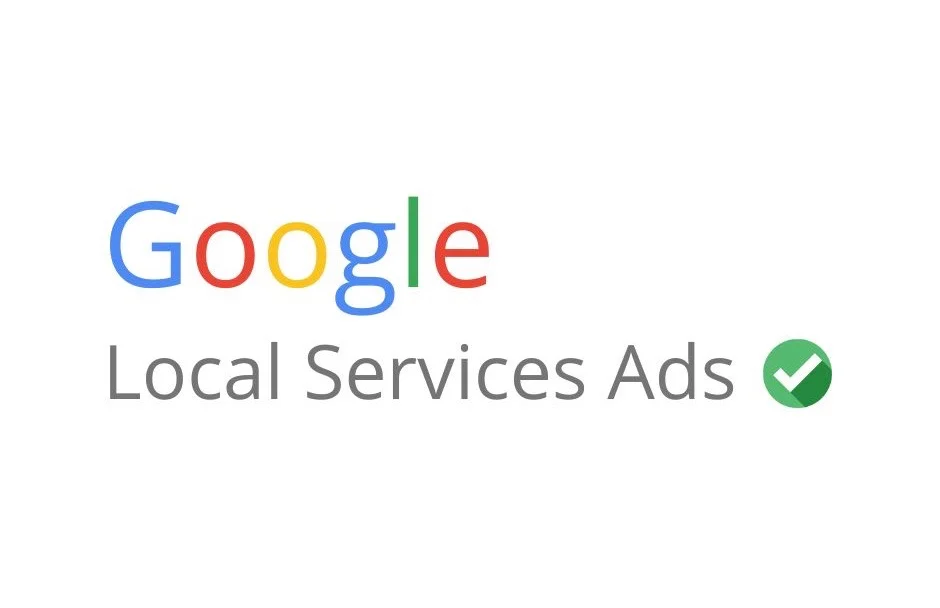This edition is all about the importance of blogging, it’s so important that we are writing a blog about blogging! Firstly, let’s outline what a blog is… The word blog is short for ‘web log’, the term blog as we know it today was actually coined by Peter Merholz in 1999, who used the word originally as a joke. Since then, many businesses, artists and various organisations have utilised this marketing tool to tell their stories. Essentially that’s all they are: blogs are way to tell stories, provide updates and useful information to others, and this is no different in business. In more recent times, we have seen the introduction of Video Logs, abbreviated to Vlogs. These vlogs also tell stories, but in a video format. Vlogging is very lucrative and many Youtubers have built multimillion pound empires through vlogs.
In this blog, we will be discussing traditional business blogging and how it can help your website and your business thrive. We will also discuss how you go about starting your own blog.
One of the most important purposes of writing a blog for your website is for Search Engine Optimisation (SEO). When writing a blog, it gives you an opportunity to add more keywords to your site. Through adding regular, relevant and engaging content to your site in the form of a blog, you are informing the search engines like Google, that you are engaged with your website and the information on there is up to date, and that your website or business is a specialist in its industry. Simply put, if you care about your website then search engines will too.
On from this, the blog itself is a great marketing tool. They are a great way to put a spotlight on a certain area of your business, a certain topic, product or service. On your traditional webpages you need sufficient information, but you don’t want to bombard people with too much information at once. This is where a blog comes in handy, where you can go into further detail about a topic and it is through this marketing channel, we can finally get our consumer to take the intended action, which may be a sale or an enquiry.
Outside of our websites, blogs are great for attracting new customers. Whenever we write a blog, we are able to share it on our social media pages for people to read on your website. The reader may then make an enquiry directly from the blog or click a link to another page on your website. The main benefit is that we bring an engaged consumer on our site, and we would like to think that that person will go on to make an enquiry/purchase, or at the very least now be aware of our brand.
Now you are hopefully suitably convinced of some of the benefits of the blog, let’s move on to talk about some tips for blogging…Here is Sizzle Marketing’s Top 5:
1. Answer a question people are asking on the search engines. Being the best answer to a question allows you to be high up in the search rankings, meaning you have a higher chance of being clicked and gaining more web traffic. Think about it, Google’s goal is to provide the searcher with the best answer to their question. Be that answer! If you can’t think of a whole question, start typing a question about your type of business in a google search and see what suggested searches come up.
2. Fill your blog with other links to pages on your site. Do you mention another topic? Hyperlink that page, link building is great for SEO.
3. Make sure you have a call to action on your blog. Make it easy for the reader to take action you want them to take.
4. Ensure your blog is full of relevant keywords. If you are writing about something specifically, this should fall into to place quite naturally. However, it is always worth researching what people are searching for.
5. Show your businesses personality in your blogs. Don’t be afraid to use a more conversational style when writing. Discussing a topic in a way that suits your target audience is important. It’s all about regular and relevant content creation.
If you want to know more about blogging or you would like to purchase a blog writing package from us, contact us to discuss your options.




